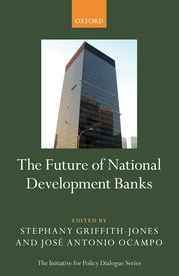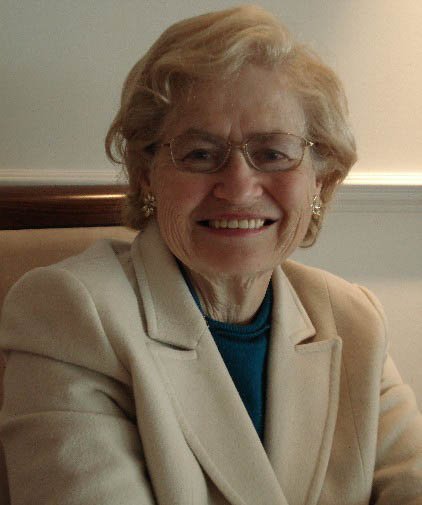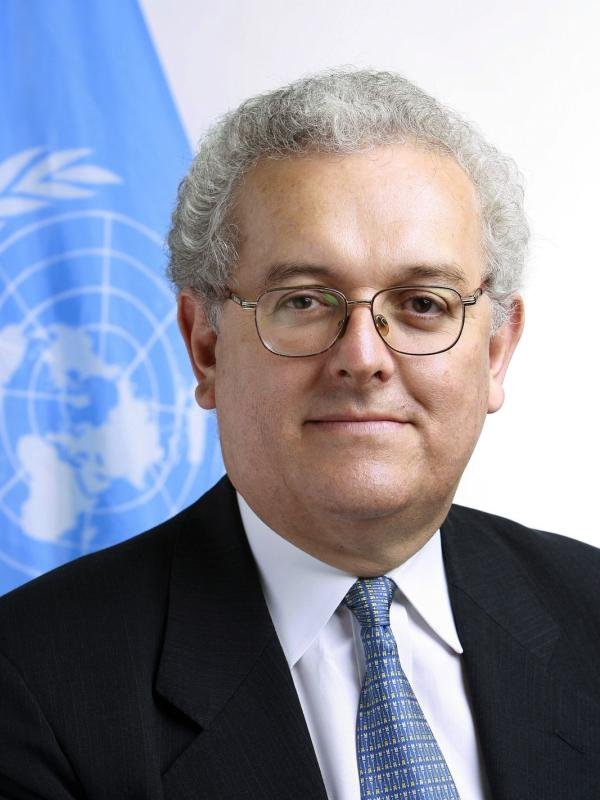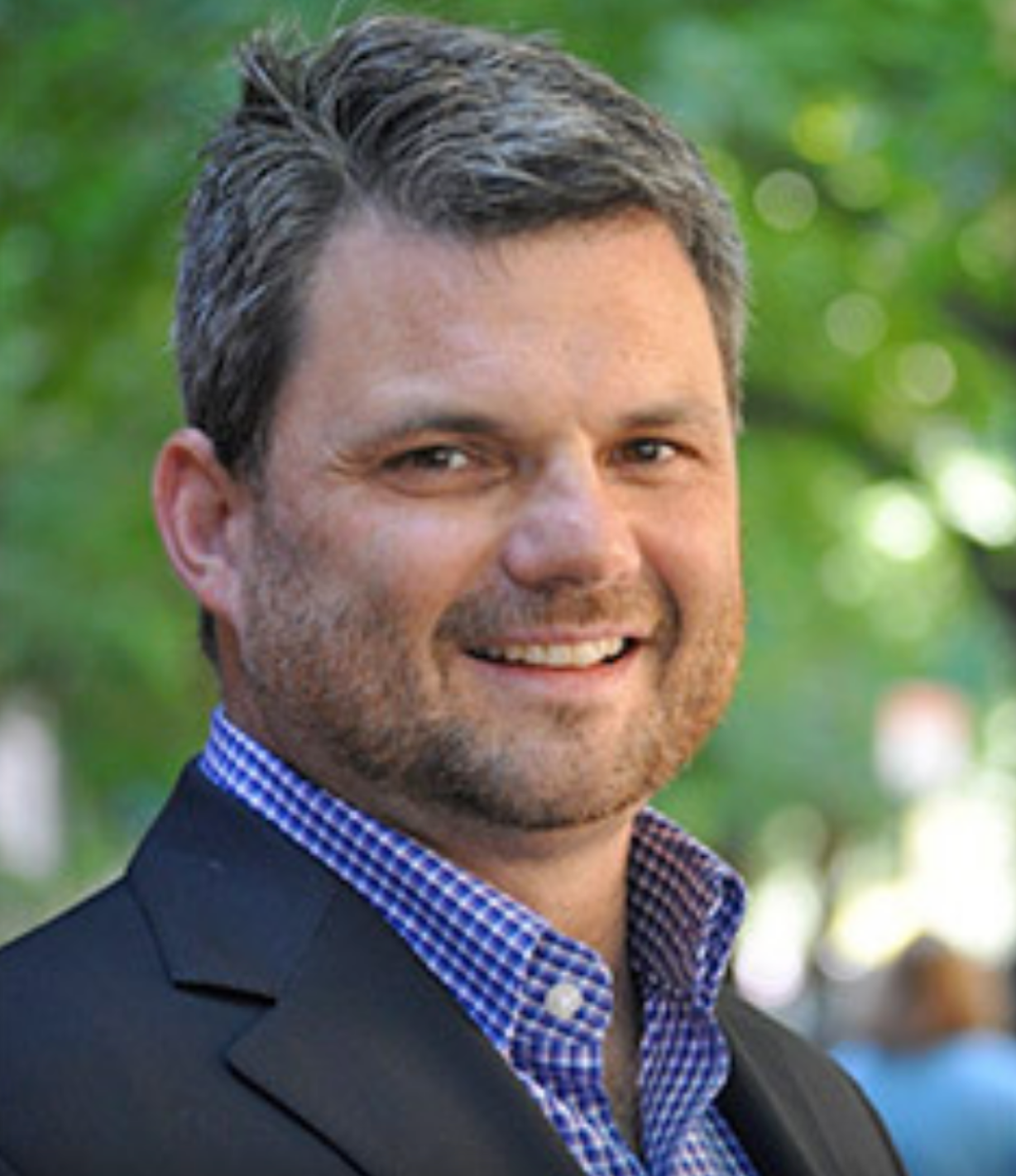
- Provides an academic analysis of a novel topic that has been largely overlooked by current literature.
- Takes a global perspective on development banks and analyses issues of worldwide interest.
- Uses a strong focus on policy analysis to inform national policy and international organization as well as academia.
- Uniquely emphasizes Latin American development banks, and includes five detailed chapters on the subject.
The Future of National Development Banks provides an in-depth study of several key examples of these institutions based in Brazil, Chile, China, Colombia, Germany, Mexico, and Peru. It explores horizontal issues such as their role in innovation and structural change, sustainable infrastructure financing, financial inclusion, and regulatory rules. It provides both research and policy-oriented perspectives on how these banks can make a significant contribution to a countries’ development, and analyses their roles within broader economic policy, their governance, and the main instruments they use to perform their function.
The Future of National Development Banks has important policy implications for countries that have these institutions and can improve them, and countries that do not have them yet and can learn from best practice.
BNDES – Brazilian Development Bank
CAF – Development Bank of Latin America
About the Editors
Stephany Griffith-Jones
Financial Markets Program Director
Initiative for Policy Dialogue (IPD)
Stephany Griffith-Jones is an economist specialising in international finance and development, with emphasis on reform of the international and national financial system, especially in relation to financial regulation and global governance. She is Financial Markets Director at the Initiative for Policy Dialogue, Columbia University. Previously she was Professorial Fellow at the Institute of Development Studies at Sussex University. She was Director of International Finance at the Commonwealth Secretariat and worked at UN DESA and ECLAC. She was senior consultant to governments in Eastern Europe, Latin America and Africa and many international agencies, including the World Bank, the IADB, the European Commission, UNDP and UNCTAD. She was a member of the Warwick Commission on financial regulation. She currently is theme leader on finance in the ESRC /DFID growth programme for LICs, especially African ones. She has published over 20 books and many scholarly and journalistic articles. Her books include Time for the Visible Hand, Lessons from the 2008 crisis, edited jointly with José Antonio Ocampo and Joseph Stiglitz.
José Antonio Ocampo
Professor of Professional Practice at Columbia University and former Minister of Finance of Colombia
Columbia University
Jose Antonio Ocampo is a Professor of Professional Practice in the School of International and Public Affairs and former Minister of Finance of Colombia. He is also a Fellow of the Committee on Global Thought at Columbia University. Prior to his appointment at Columbia, Professor Ocampo served as the United Nations Under-Secretary-General for Economic and Social Affairs, and head of UN Department of Economic and Social Affairs (DESA), as Executive Secretary of the UN Economic Commission for Latin America and the Caribbean (ECLAC), and has held a number of high-level posts in the Government of Colombia, including Minister of Finance and Public Credit, Director of the National Planning Department, and Minister of Agriculture . Professor Ocampo is author or editor of over 30 books and has published over 200 scholarly articles on macroeconomic theory and policy, international financial issues, economic development, international trade, and Colombian and Latin American economic history.
About the Authors
Paola Arias Gomez
Researcher
SIPA, Columbia University
Michael Brei
Lavinia Barros de Castro
Oscar Dancourt
Professor
Economics
Pontificia Universidad Catolica del Peru
Renzo Jimenez
Maria Luz Martinez Sola
Mariana Mazzucato
RM Philips Professor
Science and Technology Policy
University of Sussex
Juan Carlos Moreno-Brid
Ulf Moslener
Caetano Christophe Rosado Penna
Esteban Perez Caldentey
Javiera Petersen
Luma Ramos
Felipe Rezende
Professor
Economics
Hobart and William Smith College
Alfredo Schclarek
Assistant Professor
Economics
Universidad Nacional Cordoba
Rogerio Studart
Alternate Executive Director
World Bank Group
Rogerio Studart currently serves as Alternate Executive Director to the World Bank Group, representing Brazil, Colombia, the Dominican Republic, Ecuador, Haiti, Panama, the Philippines, Suriname and Trinidad & Tobago in the World Bank Group’s Board.
He is a member of the Committee on Development Effectiveness Sub Committee, chairman of the G-24 (since October 2009), and represents Brazil at the IDA-16 Replenishment meetings.
Prior to his current appointment, Mr. Studart served as the executive director of the same country constituency. As executive director, Mr. Studart was a member of the Budget and the Personnel Committees and Chairman of the Ad-Hoc Committee on Rules for the 2008 Regular Election of Bank and MIGA Executive Directors. He also served as vice-chairman of the G-24 from March 2008 to October 2009.
Mr. Studart participated in various meetings of the UN General Assembly on trade and financing for development and represented Brazil at the meetings leading to the IDA-15 Replenishment as well as at the G-20 Working Group IV.
Prior to his appointment as executive director at the World Bank Group, Mr. Studart served also as executive director for Brazil and Suriname at the Inter-American Development Bank and the Inter-American Investment Corporation. From 2003 to 2004 he worked as financial markets specialist at the Inter-American Development Bank.
Earlier in his career, Mr. Studart held positions with UNECLAC, UNCTAD, the Brazilian Institute of Statistics and Geography (IBGE) and Chase Manhattan Bank in Brazil.
He is an economist by training and holds a Ph.D. from the University of London. He has published books and articles on macroeconomics, finance and development finance. He also holds a professorship with the Institute of Economics at the Universidade Federal do Rio de Janeiro.
Matthias Thiemann
Laura Valdez
Peter Volberding
Qiyuan Xu
 Stephany Griffith-Jones
Stephany Griffith-Jones José Antonio Ocampo
José Antonio Ocampo

 Jeronim Capaldo
Jeronim Capaldo Kevin Gallagher
Kevin Gallagher Gabriela Plump
Gabriela Plump Anya Schiffrin
Anya Schiffrin Roberta Carlini
Roberta Carlini Joseph Stiglitz
Joseph Stiglitz